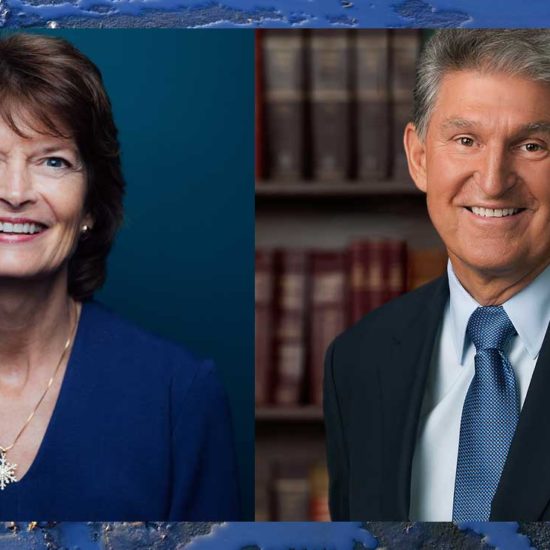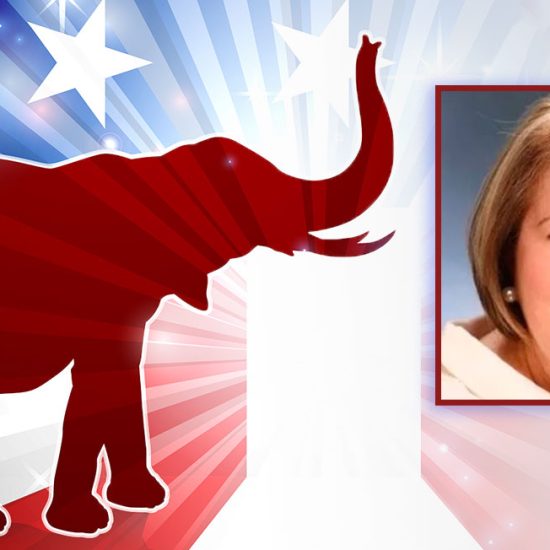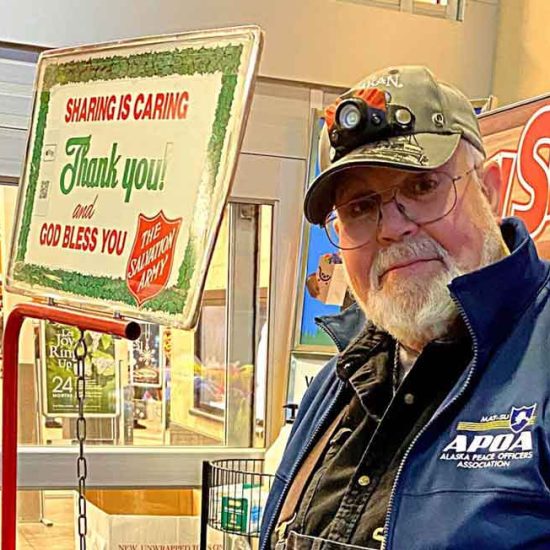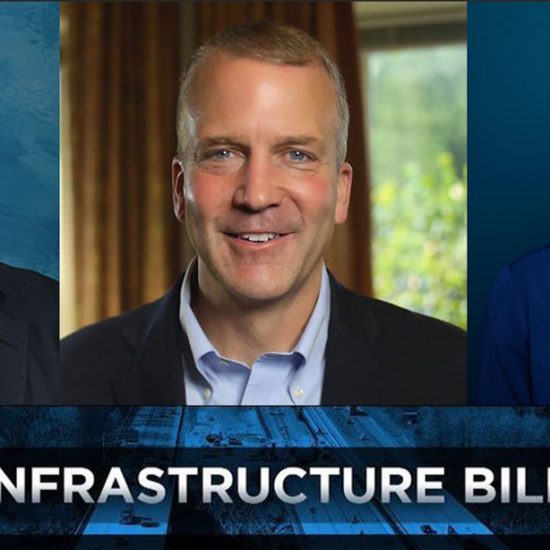When speaking about sex in the public schools, who’s rights prevail: a child’s right to learn all there is, or a parent’s right to decide what is learned?
Think about that for a few seconds if you immediately chose the child’s rights. Think about the parents who are responsible to support, feed, clothe, and instill their values at home to their children. Remember, the minor child is still growing not as a product of the state or of the community but as the product of a family, of its parents. That is an inviolable fact that must always be respected. Always.
That is one of the border ground rights being fought over in SB 89, which recently passed the State Senate. The students who testified on the bill asserted their children’s rights to access this education. The parents asserted their rights as parents, who have the final say on sexual matters.
This bill recognizes the authority of a parent over their children’s education. The controversy comes from changes of the “opt-out” provision to an “opt-in” provision for parents to sign off before a teacher is allowed to present anything to their child “involving human reproduction or sexual matters.”
There’s another set of rights being battled here in this bill. Let me explain.
Sex has become now an area of both private and public concern. The other set of rights, as argued by opposition to the bill in a commentary piece in the Anchorage Dispatch, is the “right of parents and communities who want their children to receive accurate, unbiased, and evidence-based information.”
They expand that right by saying, “Local communities and parents have the right to invite trusted partners like Planned Parenthood into the classroom if they choose…” This comment addresses a different provision in the bill that will restrict abortion service providers from presenting their sexual information in the schools.
So we have two sets of parental rights being argued. One for the rights of parental authority – they have the final say – and one for the parental rights for access – to have certain accurate materials regarding sexual content available (specifically supplied by Planned Parenthood).
The opposition goes further, calling it a “community” right. The community will be affected by this as our sexual abuse and sexual disease rates are quite high in Alaska. That is a legitimate concern.
Let me ask, “Who has the first and last say in the child’s education regarding sex?” The parents. The parents are responsible to rear the child until at least their maturity as an adult in society. We know it goes beyond 18 years, but that’s another discussion.
Shall we as a society or community be responsible to educate our children on sexual matters? Well, we know that the values and responsibilities that a community places on sexual matters carries a lot of weight in how children perceive their sexuality and the role of sex in their world. And in today’s highly sexualized world, most of the time, we cannot trust the larger society in this matter. Do you?
Planned Parenthood undid themselves with secretive services providing abortions to minors in the past. Are they a “trusted” organization at this point? If it has a dual purpose – (1) to provide accurate information about sexuality and (2) to provide abortion and condom counseling – it cannot rightly be trusted. The bias is in.
The idea of it being a “trusted partner,” as stated by the opposition to SB 89, does not recognize the rights of other parents who do not trust that organization. What about their rights not to have the State invite in a distrusted partner for sexual educational material?
So, which rights prevail? How do we measure them against each other? They both have to be recognized. And yet, parental rights in such person sexual education matters of their own children are inviolable and must be trusted primarily, even if you disagree with them. It comes down to the parents not the state, ultimately.
Two final points, I believe the “opt-in” provision will motivate students to clamor for sex-ed classes, who want to assert their rights, to have to convince their parents to sign them in, giving parents due notice to involve themselves in this important discussion with their children; and if Planned Parenthood wants to continue to provide sexual education materials in our schools, then they should stop providing conflicting services regarding abortion counseling.
We do need to raise up the societal concerns regarding sexually transmitted diseases and sexual predation but we must not maneuver out the role of parents to instill their values in the process.
Eugene Harnett is editor of APEonline.org











